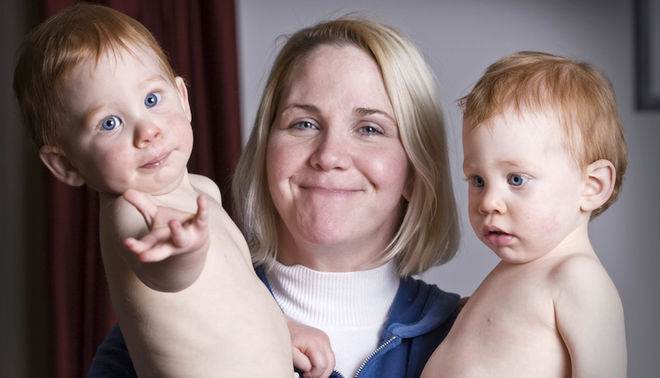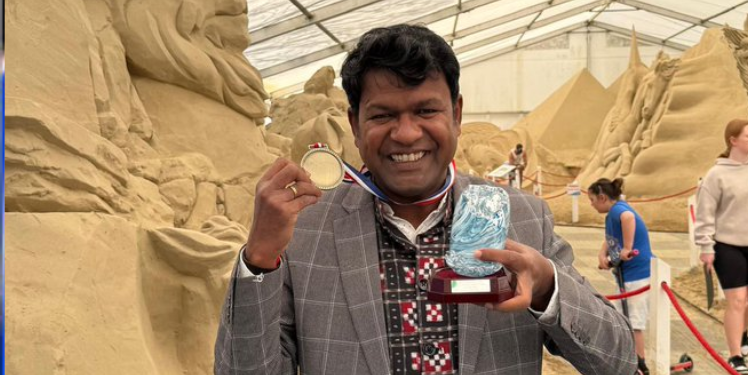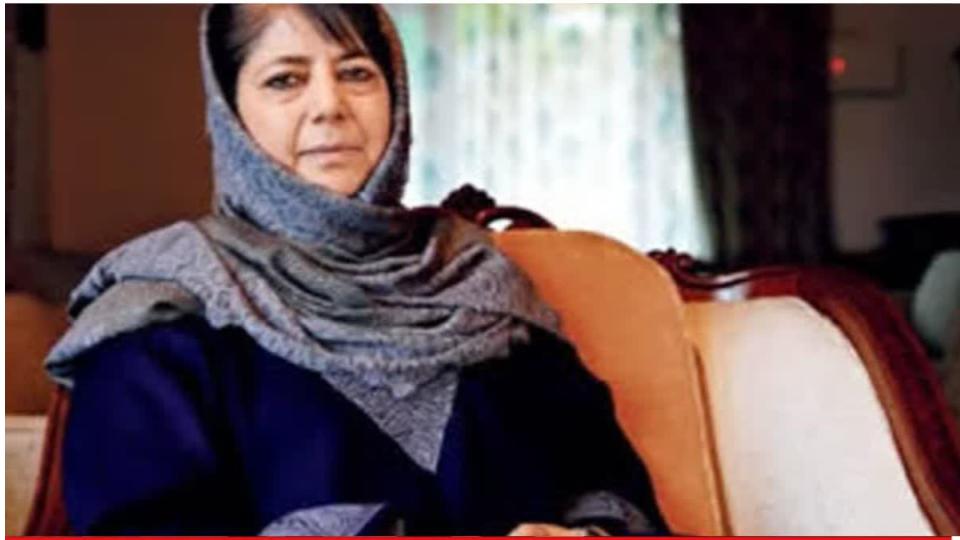Twins may live longer than singletons: study

Twins not only have a
bestie from birth, they may also live longer than singletons, according to a
new study which suggests a significant health benefit for close social
connections.
The study, which is the first to look at what being a twin means for life expectancy, shows that twins have lower mortality rates for both sexes throughout their lifetimes.
"We find that at nearly every age, identical twins survive at higher proportions than fraternal twins, and fraternal twins are a little higher than the general population," said David Sharrow, a postdoctoral researcher at University of Washington (UW).
The data comes from the Danish Twin Registry, one of the oldest repositories of information about twins. Researchers looked at 2,932 pairs of same-sex twins who survived past the age of 10, were born in Denmark between 1870 and 1900, and all had a complete lifespan. They then compared their ages at death with data for the overall Danish population.
For men, they found that the peak benefit of having a twin came in the subjects' mid-40s. That difference is about 6 percentage points, meaning that if out of 100 boys in the general population, 84 were still alive at age 45, then for twins that number was 90.
For women, the peak
mortality advantage came in their early 60s, and the difference was about 10
percentage points.
sans-serif; font-size: 10pt;">The researchers said
their results reflect the benefits of social support, similar to the marriage
protection effect.
"Our results lend support to a big body of literature that shows that social relationships are beneficial to health outcomes," Sharrow said.
"There is benefit to having someone who is socially close to you who is looking out for you. They may provide material or emotional support that lead to better longevity outcomes," Sharrow said.
Sharrow and James Anderson, a UW research professor were looking to tune a mortality model using the data from twins. But when they ran the numbers they stumbled upon an unexpected discovery.
Their model separates acute causes of death, such as accidents or behaviour-related causes, from natural causes in old age. Female twins only had lower mortality for the earlier, acute causes.
Male twins got a bigger overall longevity boost than women because they had lower mortality rates both for acute causes during their early years and from so-called natural causes past the age of 65, researchers said.
The study was published in the journal.
AIMIM News
Latest Urdu News
Most Viewed
Do you think Canada-India relations will improve under New PM Mark Carney?













.jpg)
.jpg)
.jpg)
.jpg)
.jpg)
.jpg)























